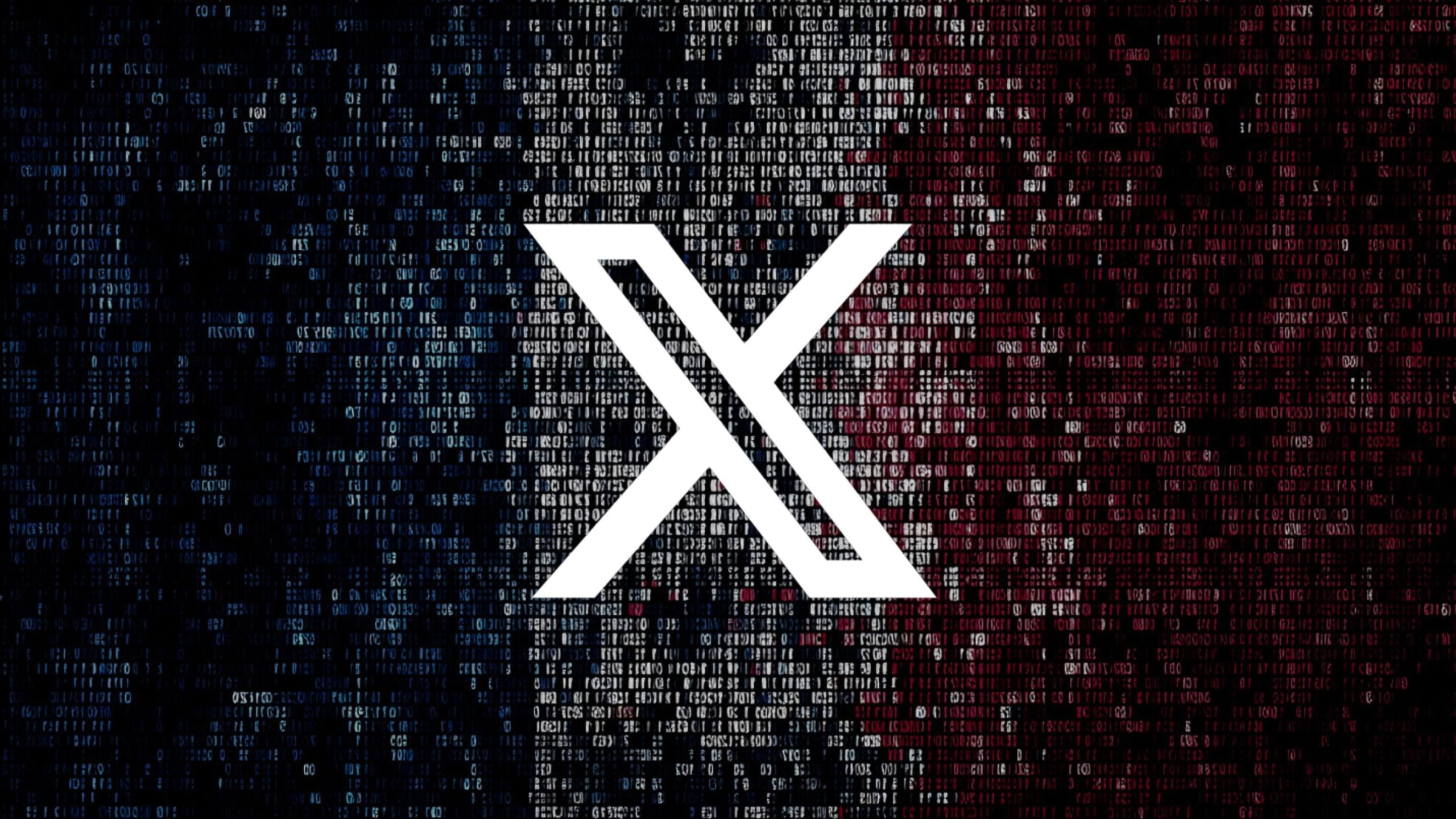Elon Musk’s platform X is pushing back forcefully against a French criminal investigation, denouncing it as a politically motivated effort to undermine the company’s operations and restrict freedom of speech.
The company has rejected demands from French authorities seeking access to its content-recommendation algorithm and data tied to user activity.
X argues that the probe, which stems from allegations raised earlier this year by a government official and a parliamentarian, is an abuse of legal process aimed at punishing a platform that refuses to conform to politically approved narratives.
According to X, the accusations that it interfered in political matters or manipulated its algorithm are unfounded and vague. The company maintains that the investigation is an attempt to twist French law in order to justify invasive scrutiny of a platform that does not cater to government preferences.

The inquiry focuses on accusations that X may have tampered with its content-ranking algorithm and interfered in political matters.
It was triggered by complaints filed in January by a high-ranking French official and a member of parliament. Prosecutors are now looking into potential violations related to the misuse of automated data systems and the “illegal” extraction of data.
X says it has not been provided with specific details and has refused to comply with what it considers excessive and unjustified demands.
Investigators have asked to examine the platform’s recommendation algorithm and collect data tied to every user post, with the goal of allowing two experts to review the system.
X rejected the request and warned that the legal action could threaten core democratic principles. “Based on what we know so far, X believes that this investigation is distorting French law in order to serve a political agenda and, ultimately, restrict free speech,” the company said in a statement.
X has sharply criticized the legal tactics being used by French authorities, highlighting what it sees as an alarming escalation. The company pointed out that the classification of its alleged conduct falls under legal frameworks typically applied to organized crime networks.
“This characterization, which is usually reserved for drug cartels or mafia groups, enables the French police to deploy extensive investigative powers under French law, including wiretapping the personal devices of X employees,” the company stated.
By invoking these powers, X argues, the investigation steps far beyond reasonable oversight and ventures into territory that treats a social media platform as if it were a criminal syndicate, a move the company sees as designed to intimidate and silence.
The Paris prosecutor’s office confirmed it had formally requested access to the algorithm in a letter dated July 19, but said it had not asked for individual user data. A second inquiry is underway to determine whether X permitted political ad targeting, which is banned under European law.
X has directly linked the investigation to Éric Bothorel, a member of President Emmanuel Macron’s Renaissance party.
According to the company, Bothorel was instrumental in setting the probe in motion. He has accused the platform of failing to moderate “harmful” content and of disproportionately boosting posts from conservative voices. Bothorel cited Musk’s endorsement of the Alternative for Germany party earlier this year as part of what prompted his concern.
France’s growing use of criminal law to pursue investigations into digital platforms is raising alarm among advocates for free speech. The probe into X is not occurring in isolation but fits into a broader pattern in which French authorities have intensified legal pressure on tech companies by framing platform activity as criminal behavior. This aggressive approach has already had chilling effects, including the detention of Telegram founder Pavel Durov during a previous inquiry, which charges still in effect.










